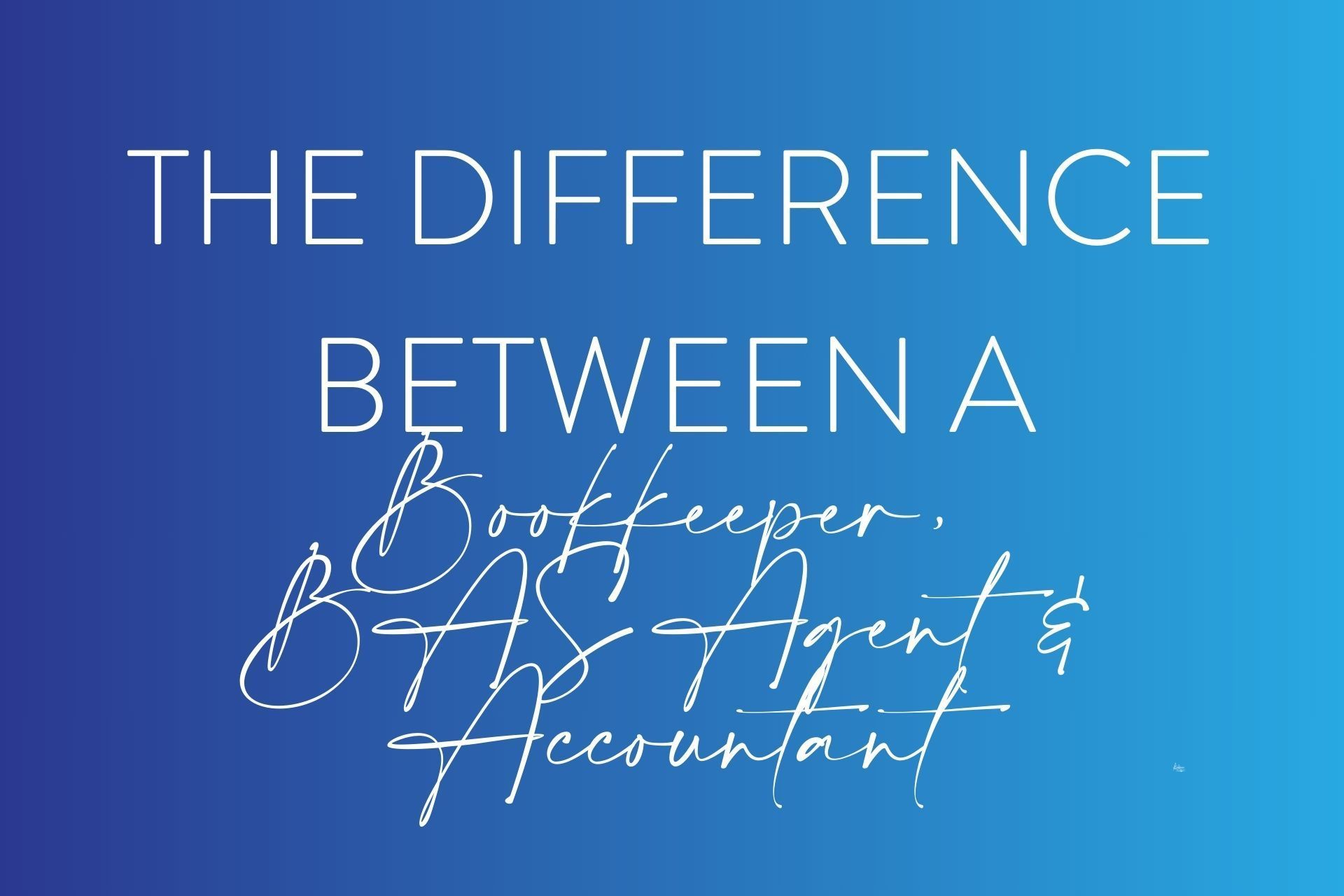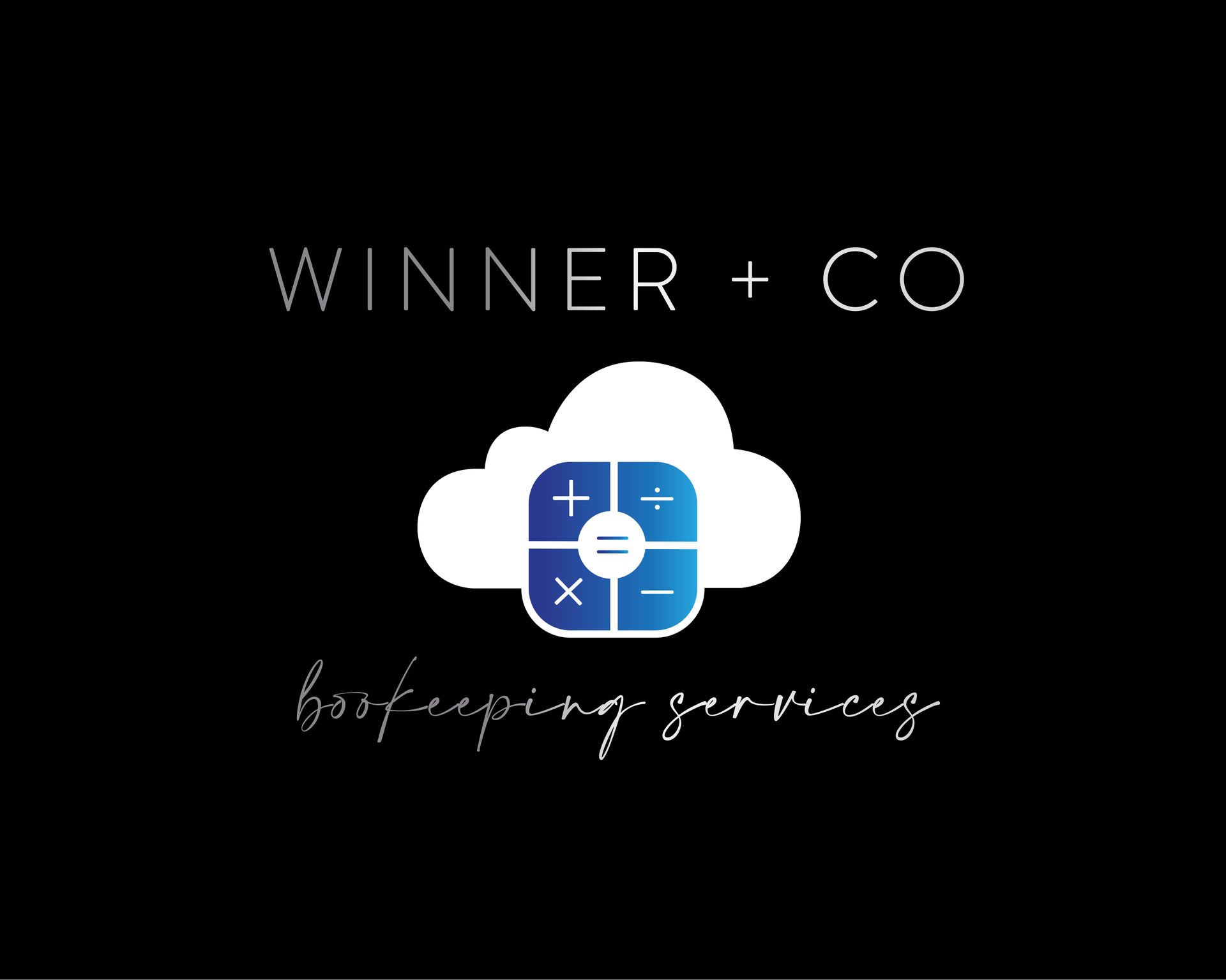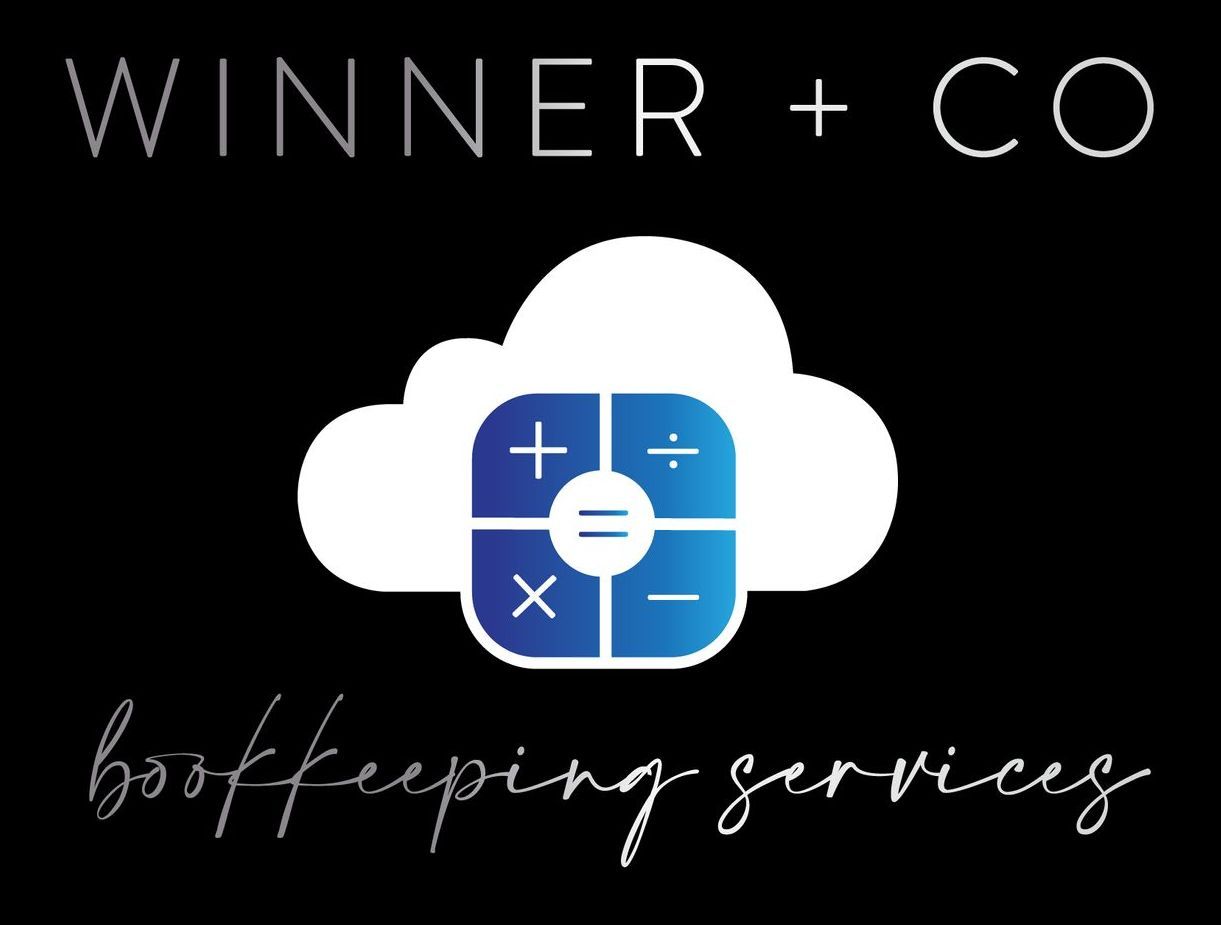What is Bookkeeping?

A guide for Australian small businesses
In the world of small business, keeping a close eye on finances is crucial. For many entrepreneurs, navigating the complex waters of financial management can be overwhelming. One essential aspect of this process is bookkeeping. But what exactly is bookkeeping, and why is it vital for your Australian small business? Let’s break it down.
What is Bookkeeping?
At its core, bookkeeping is the systematic recording, storing, and managing of financial transactions. It involves tracking all income and expenses, which provides a clear picture of your business’s financial health. Bookkeeping can be done manually or through accounting software, and it typically includes:
- Recording Sales: Documenting every sale made.
- Tracking Expenses: Keeping a record of all business-related expenses.
- Managing Invoices: Issuing and tracking invoices sent to clients.
- Bank Reconciliation: Ensuring your recorded transactions match your bank statements.
- Preparing Financial Statements: Creating documents like profit and loss statements and balance sheets.
Why is Bookkeeping Important for Small Businesses?
1. Financial Clarity
Accurate bookkeeping provides an overview of your financial situation. You can easily see where your money is coming from and where it’s going, which is vital for making informed business decisions. This clarity can help you identify profitable areas of your business and areas that need improvement.
2. Compliance with Australian Tax Laws
In Australia, maintaining proper financial records is not just good practice—it’s a legal requirement. The Australian Taxation Office (ATO) mandates that businesses keep accurate records for at least five years. Effective bookkeeping ensures you’re compliant, reducing the risk of costly penalties.
3. Easier Tax Preparation
When tax time rolls around, having organized financial records makes the process significantly easier. A well-maintained bookkeeping system allows you to quickly gather the necessary information, ensuring you maximize deductions and minimize your tax liability.
4. Better Cash Flow Management
Cash flow is the lifeblood of any small business. Good bookkeeping helps you monitor your cash flow in real time, allowing you to make timely decisions about spending, investments, and upcoming expenses. You can avoid the pitfalls of cash shortages and keep your operations running smoothly.
5. Facilitates Growth
As your business grows, so do its financial complexities. Having a solid bookkeeping system in place from the start can facilitate growth by providing you with the data needed to make strategic decisions. Whether you’re considering expanding your product line, hiring new staff, or entering new markets, accurate financial records will support your growth plans.
Bookkeeping Methods: Manual vs. Digital
Manual Bookkeeping
Some small businesses still opt for manual bookkeeping, which involves pen-and-paper methods or spreadsheets. While this can work for very small businesses, it can quickly become unwieldy as transactions increase.
Digital Bookkeeping
Digital bookkeeping, often using accounting software like QuickBooks, Xero, or MYOB is increasingly popular among small businesses. These tools automate many bookkeeping tasks, reducing human error and saving time. They often include features such as invoicing, payroll management, and real-time financial reporting.
Getting Started with Bookkeeping
If you’re new to bookkeeping, here are some steps to help you get started:
1. Choose a System: Decide whether to go manual or digital, based on your business needs.
2. Set Up Your Accounts: Create accounts for income, expenses, assets, and liabilities to organize your finances.
3. Record Transactions Regularly: Consistency is key. Set aside time weekly or monthly to update your records.
4. Reconcile Your Accounts: Regularly compare your records with bank statements to ensure accuracy.
5. Seek Professional Help if Needed: If bookkeeping feels overwhelming, consider hiring a bookkeeper or accountant.
Conclusion
Bookkeeping is an essential function for Australian small businesses, providing the foundation for sound financial management. By maintaining accurate records, you’ll not only ensure compliance with tax regulations but also gain valuable insights into your business’s performance. Whether you choose to go manual or digital, investing in good bookkeeping practices can set your business on the path to success.
Remember, you don’t have to go it alone—consider seeking our professional advice at Winner and Co Bookkeeping Services to help you navigate the financial landscape of your business. Happy bookkeeping!
Share this article with your friends
Other articles you may like





